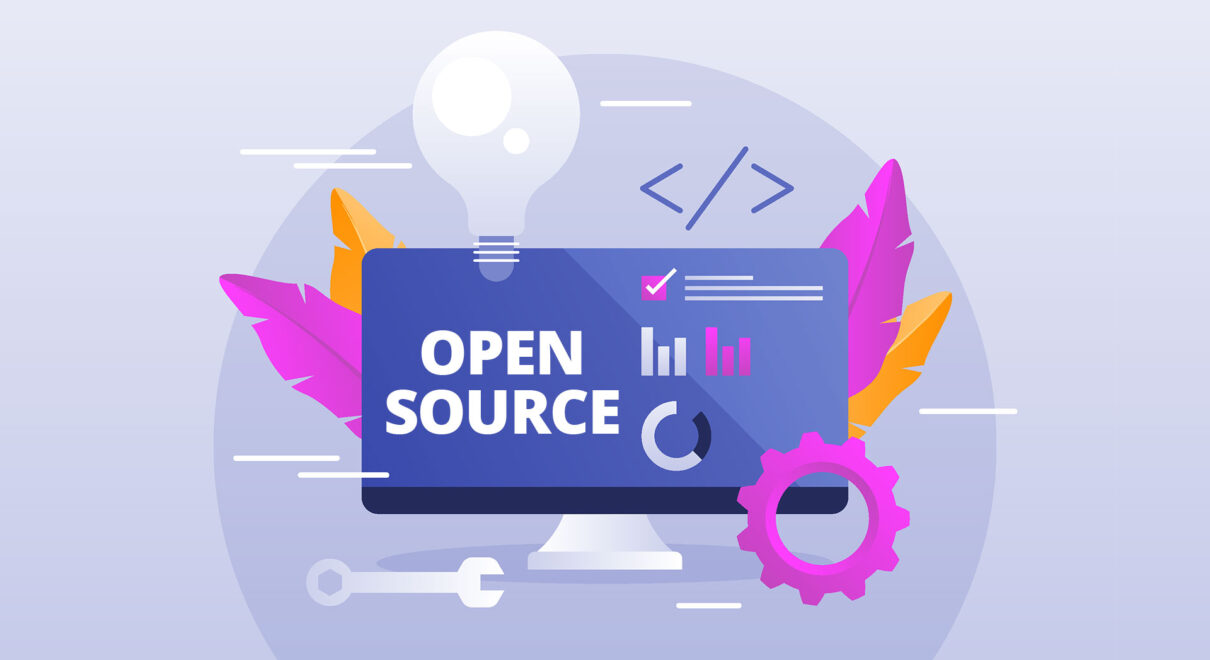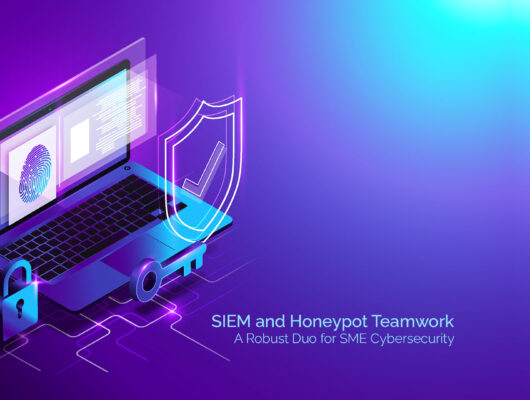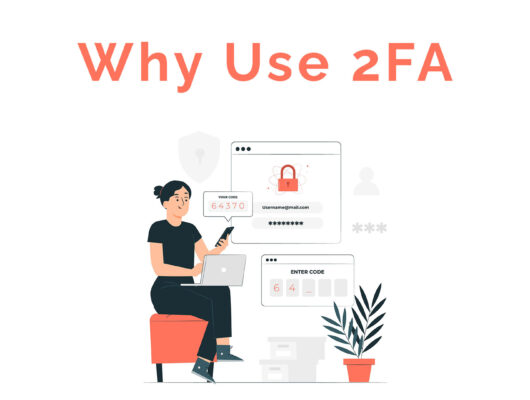Open source software consultancy requires expertise and knowledge in many fields. Our OSS consultancy services are as follows:
- OSS Selection: Determining which open-source software is most suitable for an organization.
- License Consultation: Providing information about OSS licenses, addressing compliance issues, and assessing potential risks related to commercial usage.
- Implementation and Integration: Demonstrating how to integrate open-source software with existing systems.
- Customization: Showing how to tailor open-source software to specific needs.
- Training and Support: Providing education about OSS and ongoing support.
- Collaboration with the Community: Consulting on how to work effectively with open-source communities.
- Security and Compliance: Evaluating open-source software on security and compliance matters.
- Cost Analysis: Analyzing the cost-effectiveness of open-source usage.
Expectations from the Consultant:
- Current Knowledge: Developments are constantly happening in the open-source world. The consultant is expected to keep up and have up-to-date knowledge.
- Impartiality: The consultant is expected to be impartial in recommending solutions and to propose the best solution.
- Communication Skills: The consultant must present topics clearly and communicate effectively with the client.
- Technical Expertise: The consultant must have deep knowledge about the technical aspects of the recommended software.
Responsibilities of the Consultant:
- Provide Accurate Information: Providing the client with correct and up-to-date information is essential.
- Confidentiality: Protecting client information.
- Offering Effective Solutions: Providing solutions that are suitable, effective, and applicable to the client’s needs.
- Support: Providing necessary support even after the consultancy service is finished.
- Training: Providing necessary training for the client’s team.
This is a general summary of our open-source software consultancy, and details may change according to specific needs and expectations.
Government Use of Open Source Software
Government approaches to using open-source software may vary from country to country. However, many governments worldwide have begun to recognize the advantages of this software and adopt it. Here’s a general overview of government use of OSS:
- Cost Savings: OSS is generally more cost-effective than commercial software, a significant advantage for budget-restricted government agencies.
- Flexibility: Open-source code software can be customized to an agency’s specific needs.
- Security: Open-source software codes can be examined by anyone, allowing quicker identification and fixing of potential security flaws.
- Independence: Using OSS frees government agencies from dependency on specific commercial software suppliers.
- Innovation: Open-source communities often develop innovative solutions and applications.
- License Issues: OSS typically offers more flexible licensing options, meaning fewer headaches for government agencies in terms of licensing.
Some countries have formed policies and directives to encourage government agencies to use OSS. Examples include:
- USA: The U.S. government has a policy encouraging federal agencies to evaluate an OSS solution for new projects.
- France: The French government supports the use of open-source software, especially in the public sector.
- Brazil and India: These countries have extensive national strategies to adopt OSS.
Open Source Operating Systems, Databases, Analytical Solutions, ERP, and CRP Systems
The world of open-source software is vast and varied. Here are some popular open-source software categorized:
1. Operating Systems:
- Linux: Most popular open-source OS with many distributions like Ubuntu, Fedora, Debian, CentOS, Arch Linux, etc.
- FreeBSD: A general-purpose, Unix-like OS.
- OpenBSD: An OS focused on security and freedom.
2. Databases:
- MySQL: A popular relational database management system.
- PostgreSQL: A robust object-relational database system.
- MongoDB: A NoSQL, document-based database.
- SQLite: A lightweight database system for embedded applications.
3. Analytical Solutions:
- Apache Hadoop: A framework for big data processing.
- Apache Spark: A fast, general-purpose big data processing framework.
- Elasticsearch: An engine used for search and analysis.
- R: A programming language for data analysis and visualization.
4. ERP (Enterprise Resource Planning) Systems:
- Odoo: A comprehensive ERP and CRM system.
- ERPNext: A modular ERP solution for small and medium-sized businesses.
- Tryton: A general-purpose business solution.
5. CRM (Customer Relationship Management) Systems:
- SuiteCRM: A popular open-source CRM software.
- CiviCRM: A CRM system designed for non-profits.
- EspoCRM: A flexible and customizable CRM solution.
Each of these software offers different features, advantages, and disadvantages within their category. A detailed evaluation is needed to select the one that best fits the needs.








